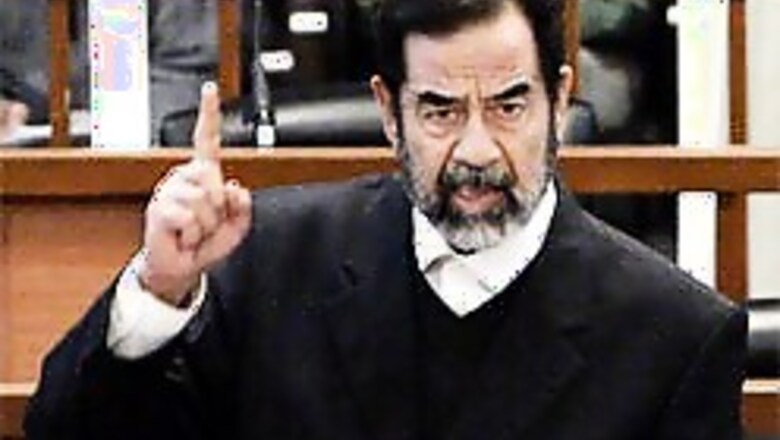
views
Baghdad: Former Iraqi dictator Saddam Hussein will go on trial on Monday accused of genocide and crimes against humanity in the so-called Anfal campaign of 1988.
The series of deadly assaults in the Kurdish region included the former regime's alleged use of poison gas.
The trial comes as sectarian violence plagues the country more than three years after Hussein was toppled, with gunmen targeting Shiite pilgrims in Baghdad on Sunday.
Across the world, the court of public opinion watching the trial will be scrutinizing the much-criticized Iraqi High Tribunal.
Iraq's Kurds, who are seeking justice for the well-documented attacks, welcome the trial. But one major human rights watchdog group that has helped educate the world about the Anfal campaign worries that the tribunal won't do its victims justice.
"Anfal" – which means "spoils" in Arabic – is a term from the eighth chapter, or sura, of the Quran, the sacred Muslim book.
It is believed that about 100,000 Kurds were killed and 3,000 villages destroyed in the operation. Those who survived were illegally detained and later executed.
Human Rights Watch – which has tracked, documented and decried the Anfal campaign for years – warns that the Iraqi tribunal is "incapable" of handling the proceeding fairly, judging from its performance during the ongoing Dujail trial.
On the other hand, US officials say the tribunal officials learned a lot from their experiences during the Dujail proceeding and have improved their performance.
The Dujail trial, which began last October, focused on a government crackdown in 1982 against Shiites in Dujail, north of Baghdad, after a failed assassination attempt against Hussein there.
The crackdown resulted in the deaths of 148 Shiite males, the mistreatment of many residents and the destruction of property.
The trial adjourned last month, and resumes in mid-October, when verdicts are expected for Hussein and seven co-defendants, including Hussein's half-brother Barzan Hassan.
The Dujail proceeding was criticized by many observers for its delays, procedural problems and inadequate security for attorneys. Critics said Hussein and Hassan turned the trial into a circus with frequent interruptions and constant harangues.
They were two of eight suspects in the Dujail trial.
The legal machinery for the Anfal case got rolling as the Dujail trial was ending. In April, investigative judge Raed Jouhi announced that investigators had finished gathering witnesses and evidence and were ready to go to trial.
Hussein and six co-defendants – including Ali Hassan al-Majeed, a former Iraqi general known as "Chemical Ali" – are on trial in the Anfal case.
All face charges of war crimes related to an internal armed conflict and crimes against humanity. Hussein and al-Majeed have been charged with genocide.











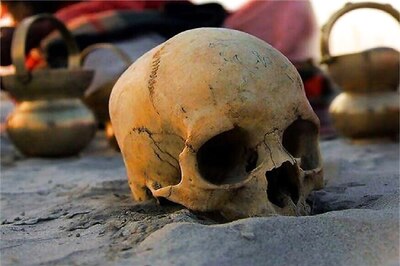
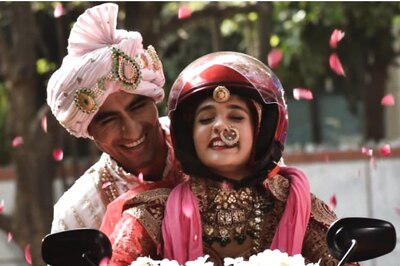
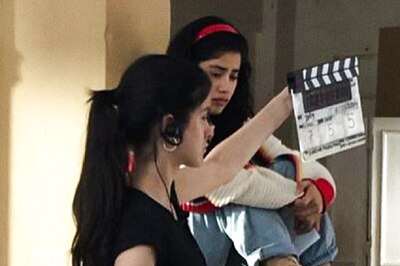

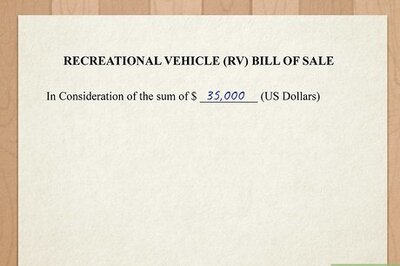
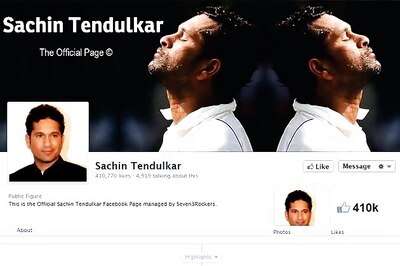
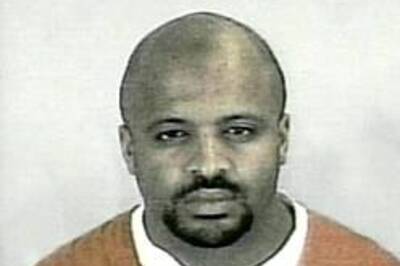


Comments
0 comment